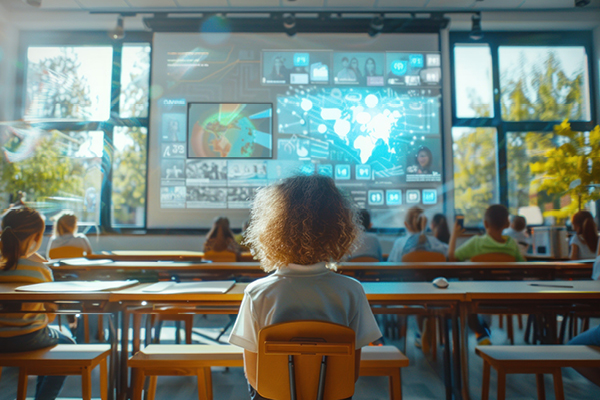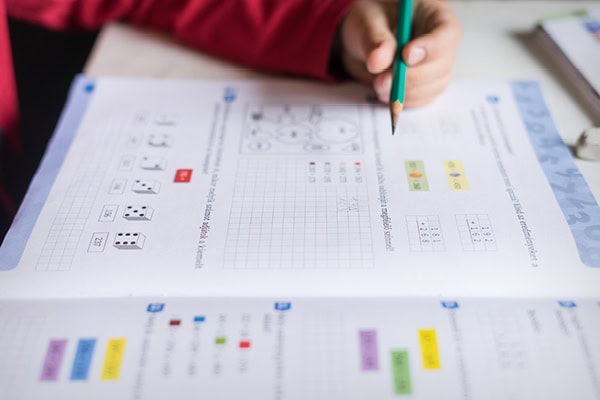“Clouds of doom continue to hover over the debate about teens’ mental health and the role of technology,” write Kathy Hirsh-Pasek, Roberta Golinkoff and Lisa Guernsey in The Hechinger Report. The three are authors of several books on children’s learning and founders of The Learning Sciences Exchange, a fellowship program and problem-solving.
“Some parents and educators are calling for a ban on smartphones and laptops in schools. Others are trying to press pause on the panic by pointing to research that needs a longer look.
“People feel forced into binary camps of ‘ban tech’ and ‘don’t ban tech.’
“But there is a way to reset the conversation that could help parents, educators and kids themselves make better choices about technology. As writers and researchers who focus on the science of learning, we see a gaping hole in the debate thus far. The problem is that decision-makers keep relying on only two sets of questions and data: One set focuses on questions about how youth are feeling (not so great). The other focuses on how kids are using their time (spending hours on their phones).
“A third set of questions is missing and needs to be asked: What and how are children and youth learning? Is technology aiding their learning or getting in the way? Think of data on tech and learning as the third leg of the stool in this debate. Without it, we can’t find our way toward balance.
“Harvard professor Michael Rich, author of the recent book The Mediatrician’s Guide, argues that our children are growing up in a world in which they move seamlessly between physical and digital information, with mountains of experiences and learning opportunities at their fingertips. This is their reality. Today, even children from under-resourced environments can virtually visit places that in the past were well beyond their reach.
“Many parents and teachers know their kids can gain valuable skills and knowledge from using different forms of tech and media. In fact, they are already factoring in the potential for learning when they make decisions about technology. They restrict phones and laptops in certain contexts and make them available in others, depending on what they believe will provide a good learning environment for their children at different ages and stages.
“More focus on the effect of technology on learning — good and bad — is needed at all ages. Studies of young children show that when parents are distracted by their phones, they are less able to help their kids build the language skills that are key for learning how to read. Maybe parents should model different behaviors with their phone use.
“Parents and teachers should make decisions about technology after viewing the issue from three perspectives: how much the kids are using the devices, how the devices are affecting kids’ well-being and — the missing leg — how the devices are affecting their learning. Maybe adding this new piece could even help adults see more than just an ‘anxious generation’ but also one hungry to learn.”
The Hechinger Report





